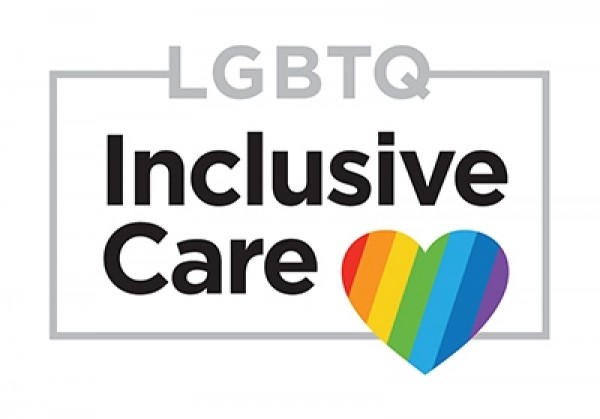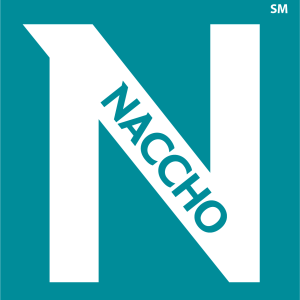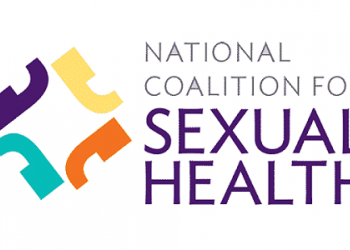This report, shared as a preprint in the Journal of Health Care for the Poor and Underserved, shares examples of organizational strategies and inclusive language that can be integrated into standard patient-facing processes, forms, and materials to create culturally responsive health care environments for lesbian, gay, bisexual, transgender, and queer people.
As the authors state, “Many diversity and inclusion efforts emphasize cultural sensitivity training for clinicians, yet stop short of making
changes to the organization’s structural competency to serve diverse clients. Although systems changes can seem daunting to make in an already complex health care setting, concrete steps that require minimal resources can make a large difference for LGBTQ clients, as long as the staff and clinicians are also trained and prepared to provide LGBTQ-affirming care.”
The report features multiple sources for LGBTQ health training and professional development as well as suggestions related to outreach, registration forms, terminology, medical history-taking, and more. Read the article from the Johns Hopkins University Press here.



